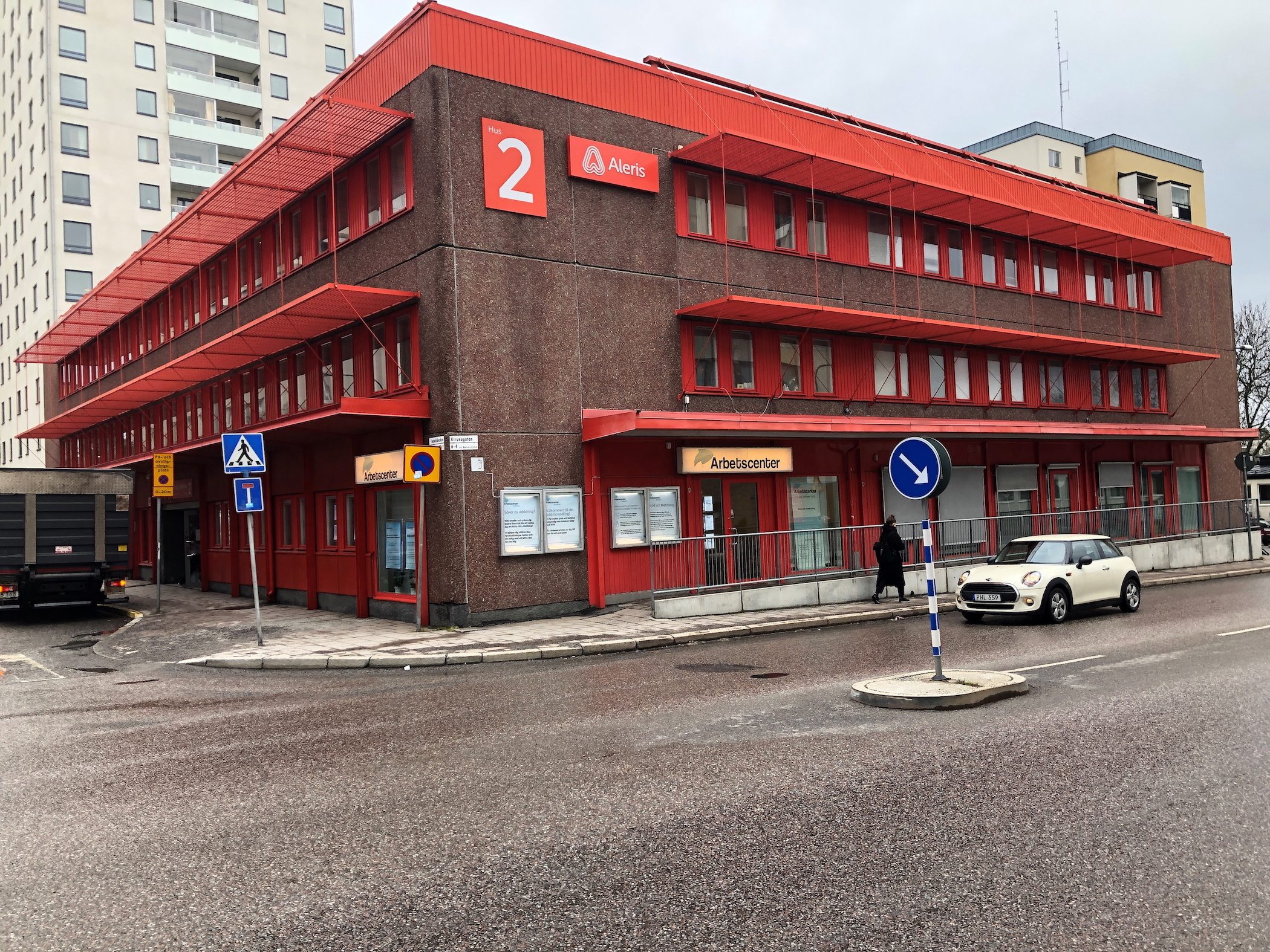SUMMARY
This is AI generated summarization, which may have errors. For context, always refer to the full article.

Sweden has powered through the COVID-19 crisis with an economy set to regain its pre-pandemic size by late 2021, but a surge in unemployment among its foreign-born citizens risks exacerbating social divisions for years to come.
Stockholm’s rejection of lockdowns left the country an outlier in Europe. The decision came at the cost of higher infection rates than its Nordic neighbors but has helped spare the local economy. Europe as a whole will not see output return to pre-pandemic levels until 2022.
The headline numbers however, hide wide differences in the experience of Swedes in negotiating the coronavirus.
Bakir Ajlan ran a taxi firm in the southern city of Malmo until mid-2020, when the pandemic forced him to shut up shop and lay off 15 drivers, mostly foreign-born Swedes like himself.
“There were lots of customers,” he said. “But now there aren’t any after 9 or 10 in the evening. There’s nothing to do.”
Ajlan came to Sweden as a 17-year-old from Baghdad in 1993. Despite graduating with a degree in Middle Eastern Studies from Lund University – one of the country’s best schools – he only found work as a taxi driver.
A rigid labor market and a lack of low-skilled jobs means Sweden has been poor at integrating waves of immigrants, or “new Swedes,” since the 1970s – a social and economic divide that has been widened further.
Those with full-time work – most Swedish-born citizens – have been supported by furlough schemes and relatively few have lost their jobs. But contract workers and the self-employed – often foreign-born – have been badly hit.
Unemployment among foreign-born workers stood at 18% in the 4th quarter of last year, up 3.5 percentage points from a year earlier, according to Statistics Office data. For people born in Sweden, it was 4.1%, up just 1 percentage point.
Swedish central bank Governor Stefan Ingves acknowledged this month that there are “big, big differences” in what people are experiencing across the labor market as a whole.
Worsening social divide
Immigration has been running at high levels for the past two decades in Sweden, with a record 163,000 asylum seekers arriving in the country of 10 million in 2015.
Many of the most recent arrivals have yet to find jobs and research covering the last few decades shows 50% of immigrants take between 5 and 10 years to secure employment.
While the economy is expected to bounce back after shrinking a relatively mild 2.8% last year and many jobs should return, worries are growing that the longer the crisis lasts, the more people will slip into longer-term joblessness.
A record 180,000 Swedes had been unemployed for a year or more in February, up 26,000 on the same month a year ago and the figure is expected to continue rising, according to the Public Employment Service.
That in turn will do little to alleviate the divide between the “haves” and “have nots” that has blighted many immigrant-dominated suburbs in Sweden’s biggest cities, already suffering from crime linked to gangs and drugs.
“If you look at the development in Sweden, long-term unemployment is one of the factors that creates social exclusion,” Ali Esbati, a Swedish member of parliament and spokesman on employment issues for the Left Party said.
“It’s part of a long trend in Sweden of growing economic division which has been caused by changes in tax policy, pressure on public services, etc, and these have meant that the social divide in Sweden has increased.”
Long-term challenge
The government has launched a raft of measures – some of which predate the pandemic – aimed at getting people into work, including subsidized employment, tax breaks for employers, on-the-job training schemes, and its “knowledge-lift” program that offers study opportunities for the unemployed.
Its economic package of emergency COVID-19 measures is worth around 400 billion Swedish crowns ($47.01 billion).
“Rising long-term unemployment is one of the most important challenges we face in the wake of the pandemic,” Employment Minister Eva Nordmark said in a written comment.
“During the spring, we will launch an ‘intensive year’ for newly arrived [immigrants] so that they can get a job within a year,” she added, referring to programs that include Swedish lessons, work experience, and social orientation.
But analysts are worried Sweden’s fragmented political landscape will undermine attempts to build a consensus around the kind of long-term measures needed to address the problem.
A proposal last year to give employers more flexibility in hiring and firing by easing strict “first-in-last-out” rules nearly brought down the center-left government, which relies on small parties on the center-right and the Left Party to remain in power.
Former taxi operator Ajlan, meanwhile, is seeking a different line of work. “I hope things will come back,” he said. “We have to cross our fingers. I can’t do much more than that.” – Rappler.com
Add a comment
How does this make you feel?


![[Time Trowel] Evolution and the sneakiness of COVID](https://www.rappler.com/tachyon/2024/02/tl-evolution-covid.jpg?resize=257%2C257&crop=455px%2C0px%2C1080px%2C1080px)












There are no comments yet. Add your comment to start the conversation.